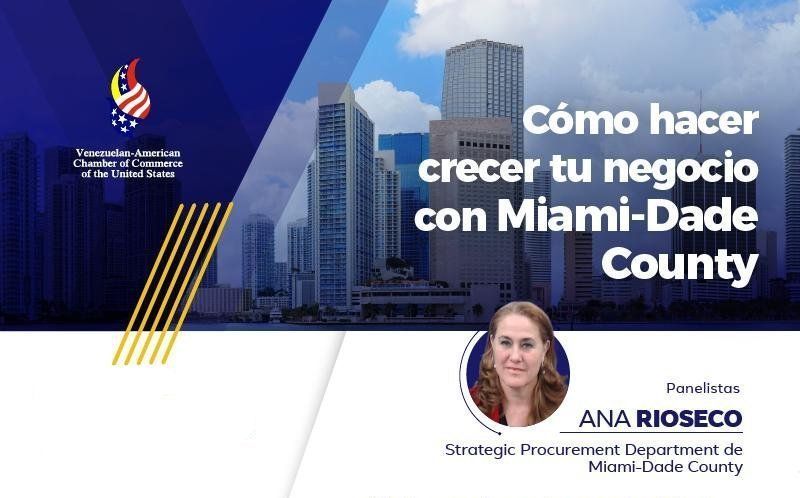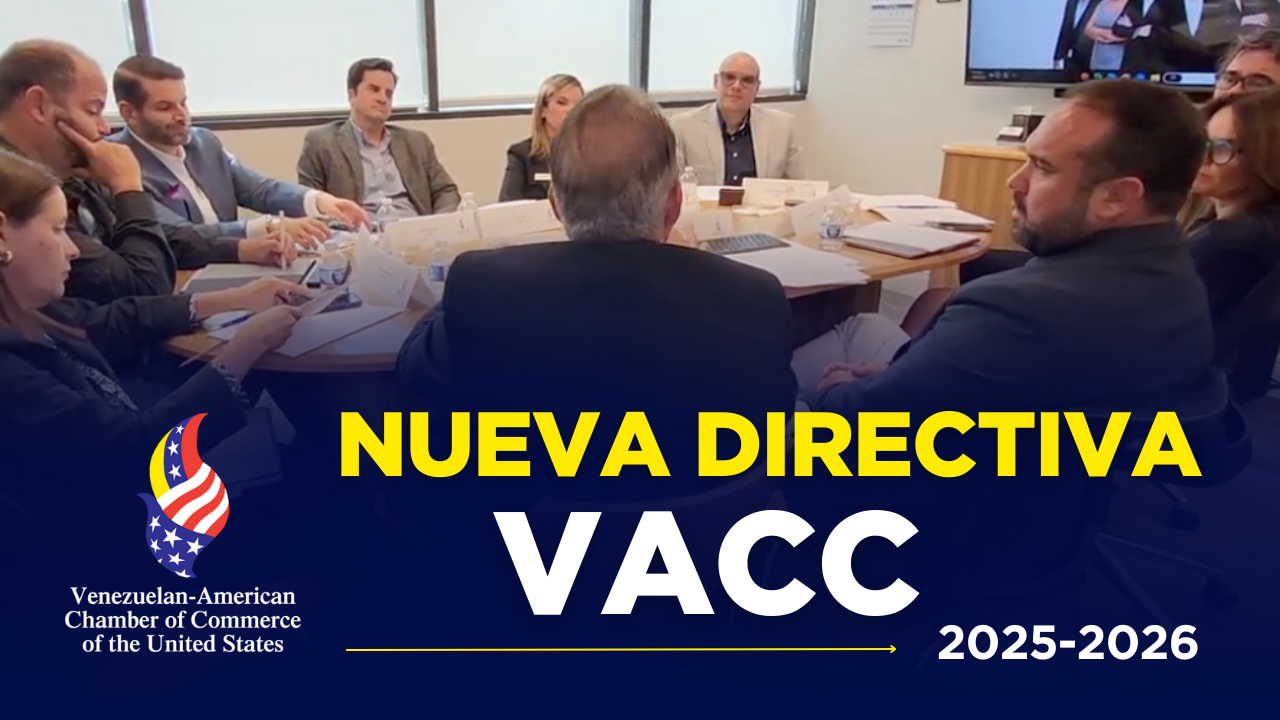Tips para ser un mejor inversionista

En esta oportunidad queremos compartir con ustedes 5 principales Tips para ser un mejor inversionista, pero antes de comenzar queremos dejar claros que estos consejos no aplican para aquellos que están buscando ser mejor especulador, sino para aquellos que saben que el proceso de ser inversionistas no tiene que ver con aquellas falsas promesas de volverse millonario en el corto plazo.
Entonces si ya eres un inversionista o estás pensando en serlo estos 5 tips son para ti:
1.- Horizonte de inversión y monto a invertir:
Antes de, siquiera pensar que vas a ser inversionista te debes hacer estás dos preguntas:
- ¿Ese dinero lo necesito para el corto plazo?
- ¿Qué cantidad puedo invertir?
Para facilitar la respuesta a estas dos preguntas te daremos las siguientes observaciones:
a) Definir qué significa corto plazo, y es que, para el mundo del mercado de valores en Estados Unidos, corto plazo no significa un mes, ni un semestre ni menos de un año, sino más bien significa entre uno a tres años, por lo que si estás pensando que ese dinero lo vas a necesitar antes de tres años es mejor que no lo inviertas.
Ahora, si te has dado cuenta de que ese dinero ha estado en tu cuenta bancaria por muchos años y no has hecho nada con él y sabes que la inflación de USA se lo está comiendo, llegó el momento de invertirlo.
b) El paso siguiente es determinar qué monto puedo invertir y como verán usamos la palabra “puedo” y la forma de dar respuesta a esa interrogante es la siguiente:
- Primero debes calcular el monto que necesitas para cubrir cualquier situación inesperada o emergencia y la forma para hacer eso es la siguiente: Tienes que saber aproximadamente ¿Cuánto gastas al mes? sabemos qué esa es la pregunta más compleja.
- Segundo, ese monto de gasto mensual lo debes multiplicar por 6, para así cubrir al menos 6 meses de tu gasto vital y ese dinero no invertirlo.
- Tercero, si luego de restar esta cantidad tienes un excedente, ese es el monto que debes invertir.
2.- ¡Diversifica, Diversifica y Diversifica!
Todos estamos claros de que es imposible que una persona pueda determinar cuál es el caballo ganador siempre, en todas las carreras. Entonces ¿Qué te hace pensar que en el mundo de las inversiones va a ser diferente? no sería mejor si pudieras comprar todo el hipódromo así en algunas oportunidades ganará el caballo marrón, en otras el blanco y en otras el negro, pero tú siempre ganarás en el largo plazo porque eres dueño de cada uno de ellos.
Entonces, el mejor esquema es, el que siempre nos dijo la abuelita:
¡No pongas todos los huevos en la misma cesta!
Parte de los aprendizajes de la pandemia fue eso, al principio se vieron favorecidas aquellas compañías que prestaban servicios fundamentales y la gente hasta se cuestionaba si algún día las personas volvería a tomar un avión o alojarse en un hotel y las acciones de estas compañías bajaron y nadie las quería, pero tan pronto las situación empezó a mejorar la gente vio que los precios de estas empresas comenzaron a mejorar, por lo que el que se vio más favorecido fue el que tenía un poco de todo.
3.- La regla de oro, comprar barato para vender caro.
Esta regla pareciera ser la más sencilla de todas ¿verdad? Pero permítanme decirles que en mis más de 20 años en el mundo de inversiones este es precisamente el error más común que cometen los inversionistas. Para ello los norteamericanos tienen una explicación maravillosa que describen en cuatro letras “FOMO” o
“Fear of Missing Out” o
dicho de otra forma el miedo o temor de quedarse por fuera, lo cual en nuestra cultura Latina o Hispana, se resumen al hecho que nadie quiere ser el tonto que se quedó por fuera y no aprovechó la oportunidad.
Entonces qué ocurre, un día vemos que un amigo invirtió en una acción o activo que viene subiendo mucho y por supuesto que tu cerebro comienza a decir:
¿Y nosotros nos vamos a quedar por fuera? mira toda la plata que él está haciendo.
Por lo que salimos corriendo en manada a comprar aquello que la otra persona compró cuando capaz ya es muy tarde y hacemos lo contrario terminamos comprando más caro y al ver que empieza a bajar salimos corriendo a vender barato, siendo exactamente lo contrario de lo que debes hacer.
4.- Hacer aportes constantes en el tiempo y buscar inversiones de bajo costo
Si de todos los consejos que le podemos dar usted se pudiera llevar uno y enmarcarlo para verlo todos los días sería este, diversos estudios han demostrado a lo largo de los años que el mejor inversionista no es aquel que trata de establecer el momento perfecto para entrar en el mercado de valores y hacer su inversión sino más bien aquel, que invierte de forma continua así sea un poco cada mes sin importar si el mercado viene subiendo o bajando, por lo que una de las mejores prácticas consiste en automatizar estos aportes y que vayan ocurriendo como si fuera un tren sin que tengan que preguntarle a usted.
Por otra parte, no hay que ser un genio financiero para saber que, si usted logra bajar sus costos, su rendimiento va a ser mucho mejor, pero el mundo de los asesores de inversión tiene algo totalmente distinto a las otras industrias y eso es que mientras usted al entrar a una tienda pregunta cuánto cuesta aquello que va a adquirir, en nuestro mundo las personas preguntan cuánto me gano, pero no cuánto cuesta. ¡Por favor siempre pregunten cuánto cuesta! y recuerde que las inversiones no quieren decir que si es más económico quiere decir que es malo más bien es al revés: baja tu costo para optimizar tu rendimiento.
5.- Cada inversión debe tener una meta financiera
La mejor forma para entender este consejo es reconociendo que el dinero es una herramienta que sirve para lograr aquellas metas que te has propuesto, por lo que al invertir debes siempre pensar cuál es la meta o sueño financiero que quieres lograr con esa inversión.
Veamos el siguiente ejemplo, nadie quiere ser una carga para su familia en sus años de jubilación y mucho menos ahora que vemos que la jubilación moderna es el periodo donde muchas personas comienza a vivir aquellas metas que siempre quisieron y si no me creen pregúntenle a Jeff Bezos el fundador de Amazon que al jubilarse lo primero que hizo fue lanzarse en un cohete hasta la estratósfera.
Entonces, si ese dinero está allí es para servirte como un elemento de protección para cuando te jubiles, pensemos en una meta como esa el retiro o la jubilación, esto te permite no perder el sueño si en el camino los mercados llegan a bajar y saber que ese dinero no lo necesitas para ahora sino para el momento en que te retires y más bien continuará invertido por muchos años más porque cuando te jubiles no lo vas a usar todo en un sólo momento, sino que irás retirando poco a poco una parte.
Una de las formas más eficientes de lograr este punto es apoyarse en un planificador financiero para que te ayude a visualizar esas metas que quieres alcanzar y además dispone de las herramientas necesarias para realizar distintas simulaciones que te permitan tomar acciones en el hoy para lograr esos sueños en el mañana.
Breve Biografía del Autor:
Alonso Rodríguez Segarra
CFP ®, Fundador & CEO Advise Financial
Alonso, reconocido como el primer venezolano en obtener la prestigiosa certificación de "CERTIFIED FINANCIAL PLANNER™" en USA. Comprometido como asesor financiero para latinos, con más de 20 años de experiencia en el mundo de las finanzas, siempre trabajando bajo el criterio fiduciario.
Tips to be a better investor
By Alonso Rodríguez Segarra

This time we want to share with you 5 main Tips to be a better investor, but before starting we want to make it clear that these tips do not apply to those who are looking to be a better speculator, but to those who know that the process of being an investor does not have to do with those false promises to become a millionaire in the short term.
So, if you are already an investor or are thinking of being one, these 5 tips are for you:
1.- Investment horizon and amount to invest:
Before even thinking that you are going to be an investor, you should ask yourself these two questions:
- Do I need that money for the short term?
- How much can I invest?
To facilitate the answer to these two questions we will give you the following observations:
a) Define what short term means, and it is that, for the world of the stock market in the United States, short term does not mean a month, nor a semester nor less than a year, but rather means between one to three years, for So if you are thinking that you will need that money within three years it is better not to invest it.
Now, if you have realized that that money has been in your bank account for many years and you have not done anything with it and you know that US inflation is eating it, it is time to invest it.
b) The next step is to determine what amount I can invest and as you will see we use the word "I can" and the way to answer that question is as follows:
- First you must calculate the amount you need to cover any unexpected situation or emergency and the way to do that is as follows: You must know approximately how much you spend per month? we know that that is the most complex question.
- Second, you must multiply that amount of monthly expense by 6, to cover at least 6 months of your vital expenses and not invest that money.
- Third, if after subtracting this amount you have a surplus, that is the amount you must invest.
2.- ¡Diversify, Diversify and Diversify!
We are all clear that it is impossible for one person to determine which is the winning horse every time, in all races. So, what makes you think that the investment world is going to be different? It would not be better if you could buy the entire racetrack so in some opportunities the brown horse will win, in others the white one and in others the black one, but you will always win in the long term because you own each one of them.
So, the best scheme is, the one that granny always told us:
Don't put all your eggs in the same basket!
Part of the lessons learned from the pandemic was that, at first those companies that provided fundamental services were favored and people even wondered if one day people would take a plane or stay in a hotel again and the shares of these companies fell and Nobody wanted them, but as soon as the situation began to improve, people saw that the prices of these companies began to improve, so the one that was most favored was the one that had a little of everything.
3.- The golden rule, buy low to sell high.
This rule seems to be the simplest of all, right? But let me tell you that in my more than 20 years in the investment world this is precisely the most common mistake investors make. For this, the Americans have a wonderful explanation that they describe in four letters "FOMO" or "Fear of Missing Out" or in other words the fear of being left out, which in our Latin or Hispanic culture, is summarized to the fact that nobody wants to be the fool who was left out and did not take the opportunity.
So, what happens, one day we see that a friend invested in a stock or asset that has been going up a lot and of course your brain begins to say:
And are we going to stay out? look at all the money he's making.
So, we run in a herd to buy what the other person bought when capable, it is too late and we do the opposite, we end up buying more expensive and when we see that it starts to go down, we run to sell cheap, being the exact opposite of what you should do.
4.- Make constant contributions over time and look for low-cost investments
If of all the advice that we can give you, you could take one and frame it to see it every day, it would be this, several studies have shown over the years that the best investor is not the one who tries to establish the perfect time to enter in the stock market and make your investment but rather the one, who invests continuously, even if it is a little each month regardless of whether the market is rising or falling, so one of the best practices is to automate these contributions and that happen like a train without them having to ask you.
On the other hand, you don't have to be a financial genius to know that, if you manage to lower your costs, your performance will be much better, but the world of investment advisers has something totally different from other industries and that is that While you when you enter a store you ask how much it costs what you are going to buy, in our world people ask how much I earn, but not how much it costs. Please always ask how much it costs! And remember that investments do not mean that if it is cheaper, it means that it is bad, rather it is the other way around: lower your cost to optimize your performance.
5.- Each investment must have a financial goal
The best way to understand this advice is by recognizing that money is a tool that serves to achieve those goals that you have set for yourself, so when investing you should always think about the financial goal or dream you want to achieve with that investment.
Let's look at the following example, nobody wants to be a burden on their family in their retirement years, much less now that we see that modern retirement is the period where many people begin to live those goals they always wanted and if you don't believe me ask Jeff Bezos, the founder of Amazon, who when he retired the first thing he did was launch himself in a rocket to the stratosphere.
So, if that money is there, it is to serve as a protection element for when you retire, let's think about a goal like that of retirement or retirement, this allows you not to lose sleep if the markets go down along the way and you know You do not need that money for now but for the moment you retire and rather it will continue to be invested for many more years because when you retire you are not going to use it all at once, but you will gradually withdraw part of it.
One of the most efficient ways to achieve this point is to rely on a financial planner to help you visualize those goals you want to achieve and has the necessary tools to perform different simulations that allow you to take actions today to achieve those dreams in tomorrow.
Brief Biography of the Author:
Alonso Rodríguez Segarra
CFP ®, Founder & CEO Advise Financial
Alonso, recognized as the first Venezuelan to obtain the prestigious certification of "CERTIFIED FINANCIAL PLANNER ™" in the USA. Committed as a financial advisor for Latinos, with more than 20 years of experience in the world of finance, always working under fiduciary criteria.













